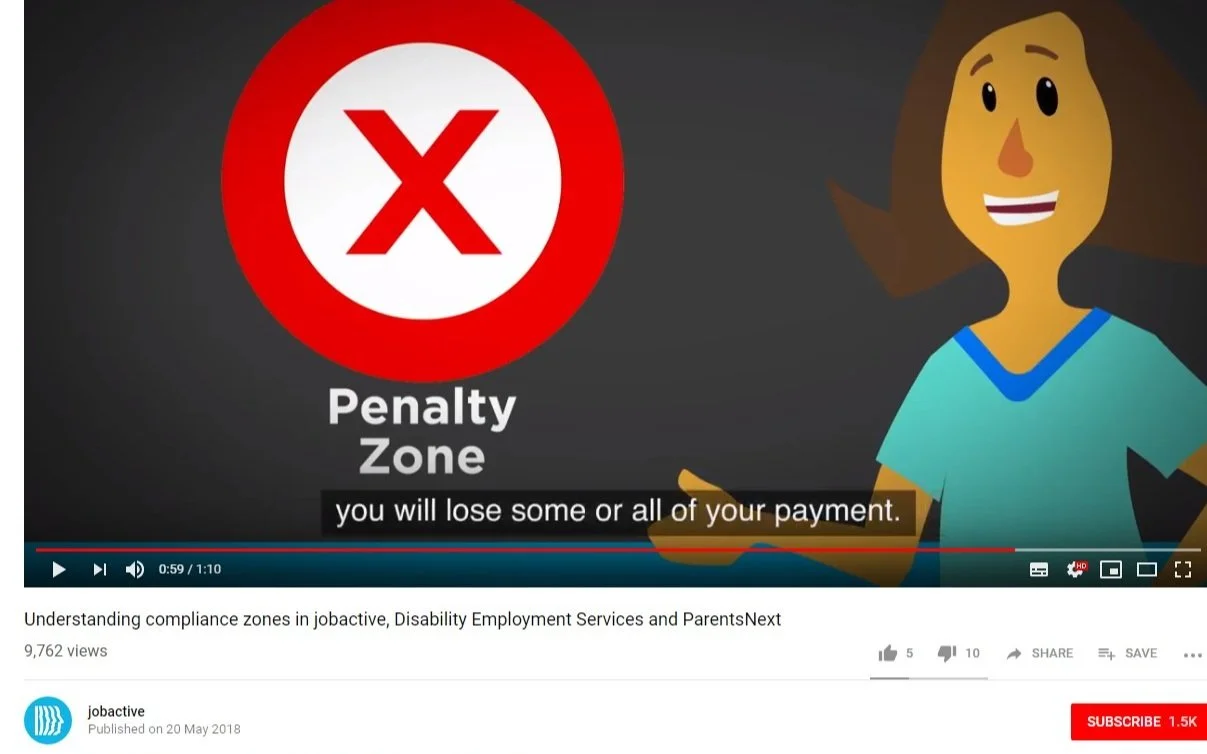As the NDIS faces significant ongoing reforms, it can be useful to look back at where we’ve come from – from disability rights to fights for entitlements, and from investment to cost containment, Eloise Hummell summarises her recent co-authored article on policy drift and evolution in the NDIS.
Read MoreToday Maria Katsonis, a mental health advocate with lived experience of mental health issues, discusses the complexity of including lived experience in mental health reform, warning that organisations and policymakers must be willing to share power if the promise of lived experience is to be realised.
Read MoreThis year Power to Persuade will continue to bring you articles on a variety of topics related to social policy, written by experts involved in designing, implementing, studying and/or navigating social policy . However, in addition to our regular call for submissions, we invite you to be part of a new conversation in 2025 on the relevance of rights for 21st century policy. We are at a point in history where well-trodden paths in politics, policy and practice are being reworked. What are the implications for equality, diversity, inclusion and equity? We hope you will join us in that conversation this year, as readers and authors. Find out more about submitting an article for publication with us here.
Read MoreProfessor Gemma Carey passed away in November 2024 after a long illness. Alongside her distinguished academic career, she co-founded Power to Persuade in 2011 and was its co-director until 2018. She built a collaborative, volunteer-run and genuinely co-produced enterprise with extensive reach and influence that continues to promote understanding and communication across four key groups of stakeholders involved in designing, implementing, studying and navigating social policy – government, academics, the community sector, and people whose lives are directly affected by it. In co-founding Power to Persuade, Gemma made a notable and lasting contribution to research and practice in social policy in Australia and internationally. Here, five people who were part of that journey – Kathy Landvogt, Susan Maury, Sue Olney, Sophie Yates and Tanya Corrie - reflect on her legacy.
Read MoreOn this International Day of People with Disability, Dr Raelene West points out that access to the built environment is still problematic. Dr West is a Research Fellow at the University of Melbourne in the Melbourne Disability Institute. This article was originally published in Architecture Victoria Magazine edition 2, 2024.
Read MoreIn this week’s blog, Simon Katterl writes about Victoria’s proposed anti-vilification laws and their implications for vilification in mental health.
Read MoreAs we approach the end of 2024, it seems an appropriate time to reflect on both the progress that has been made in disability equality, but also the things that we all do to protect ourselves and sustain our collective and individual advocacy efforts. In the Spring 2024 Edition of the Canberra Disability Review , Editor Rob Donnelly invited readers to do this, by responding to the question: What do you do that helps you to keep going, and maintain some measure of hope, when progress towards a fairer and more inclusive Australia is under heavy fire?
Advocacy for Inclusion’s Head of Policy, Craig Wallace, and the Disability Leadership Institute’s CEO and Founder, Christina Ryan, shared their perspectives.
Read MoreCare-giving can be a rich and complex experience that is both rewarding and challenging. Enrico Pfeifer (@EnricoPfeifer1), a PhD Candidate at the University College London, knows this first-hand. Today, he explores his doctoral research on the impact that care-giving can have on people’s health, and how we can support care-givers to stay healthy.
Read MoreIn the Spring 2024 Edition of the Canberra Disability Review, Editor Rob Donnelly sat down with Hannah Orban to discuss the Grattan Institute’s (@GrattanInst) recent report “Better, Safer, More Sustainable. How To Reform NDIS Housing and support”. Today’s blog piece shares key parts of their interview, highlighting key issues with the current NDIS housing system and opportunities for improvement. You can read the original interview here.
Read MoreHealth experts are concerned about poor nutritional quality and misleading marketing of many commercially available foods for infants and toddlers. In today’s post, VicHealth (@VicHealth) Research Fellow Alexandra Chung (@Chung_Alexandra) from Monash University (@Monash_FMNHS @MonashNutrition) explains how government regulation could improve these products and protect the health of young children in Australia.
Read MoreThis year, Anti-Poverty Week 2024 (13-19 October) continues its campaign to end child poverty in Australia. Dr Bonnie Searle (@BonnieSearle3) from The University of Queensland (@UQ_News) and the Life Course Centre (@lifecourseAust) has been examining meals in early childhood centres for children experiencing poverty, and how ensuring the quality and quantity of the food can help children thrive from an early age.
Read More@Anti-Poverty Week is an event held every October to raise awareness and understanding of the causes and consequences of poverty in Australia, and to encourage action to end it. In today’s blog, Life Course Centre (@lifecourseAust) Research Fellow Dr Chandana Maitra from the University of Sydney (@Sydney_Uni) highlights food insecurity which is a hidden and overlooked socio-economic problem in Australia.
Read MoreThis week's posts are being sourced by the Life Course Centre(@lifecourseAust) to continue to the conversation on social and economic disadvantage following last week’s Anti-Poverty Week (@AntiPovertyWeek). Today @lifecourseAust researchers share approaches that could help end child poverty in Australia.
Read MoreThis week's posts are being sourced and moderated by the Antipoverty Centre (@antipovertycent) to spark thinking and discussion about poverty during Anti-Poverty Week. Today’s post by Robyn Hansen explores what we all lose by undervaluing the skills, knowledge and abilities of people outside the labour force.
Read More




















